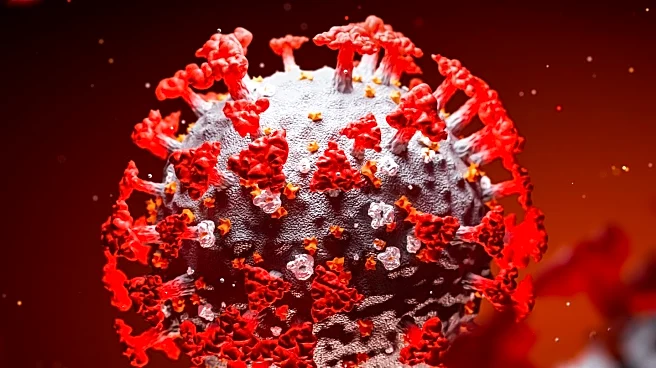What's Happening?
The CDC's vaccine advisory committee has announced a shift in its approach to evaluating vaccine recommendations, now considering anecdotal evidence and unpublished reports alongside traditional research data. This change, occurring under President Trump's administration, has raised concerns among medical professionals about the potential erosion of public trust in scientific and public health guidance. The decision reflects a broader trend of incorporating diverse sources of information in public health decision-making, but it also poses challenges in maintaining rigorous scientific standards.
Why It's Important?
The CDC's new approach to vaccine guidance could have significant implications for public health policy and the perception of scientific authority. By including anecdotal evidence, the committee may be seen as more inclusive, but it risks undermining the credibility of vaccine recommendations if not carefully managed. This shift could influence public confidence in vaccines and impact vaccination rates, which are crucial for controlling preventable diseases. The decision also highlights the ongoing tension between scientific rigor and the need to address public concerns and misinformation.
What's Next?
As the CDC implements this new approach, it will be essential to monitor its impact on public trust and vaccination rates. The agency may need to develop clear communication strategies to explain the rationale behind its decisions and ensure that the public understands the role of different types of evidence in shaping vaccine guidance. Ongoing dialogue with medical professionals and public health experts will be crucial in refining this approach and addressing any unintended consequences.









